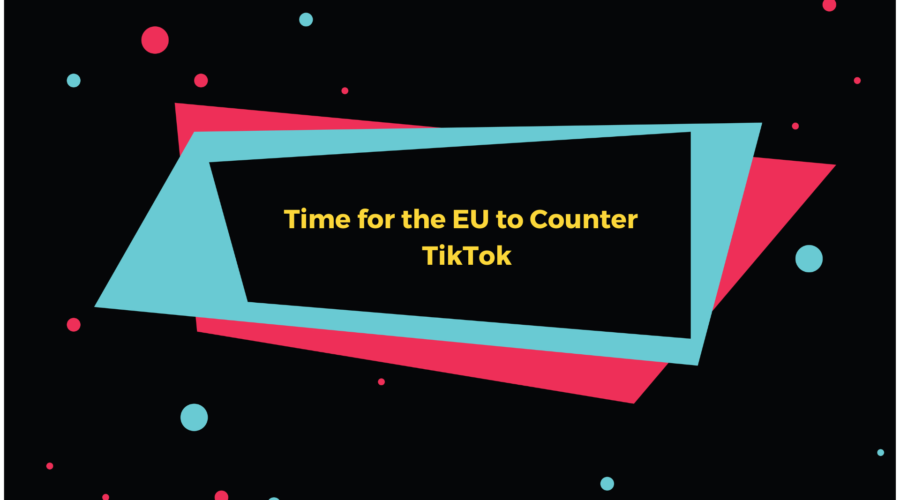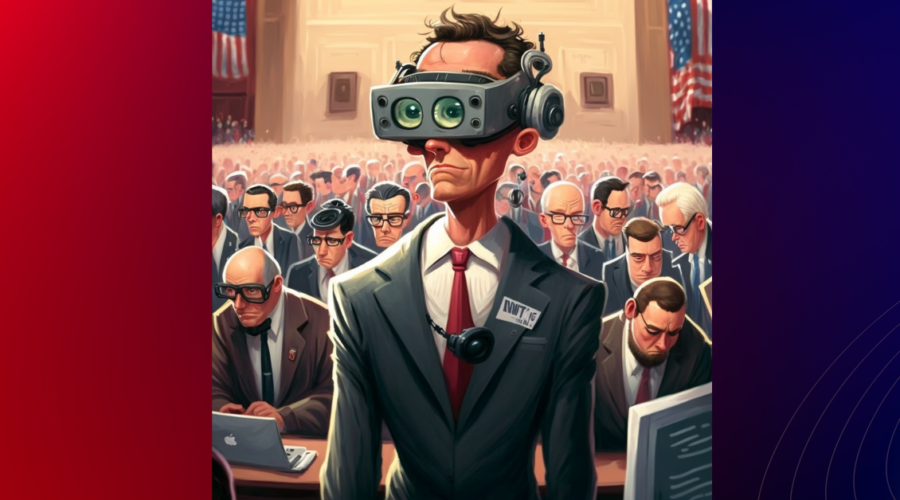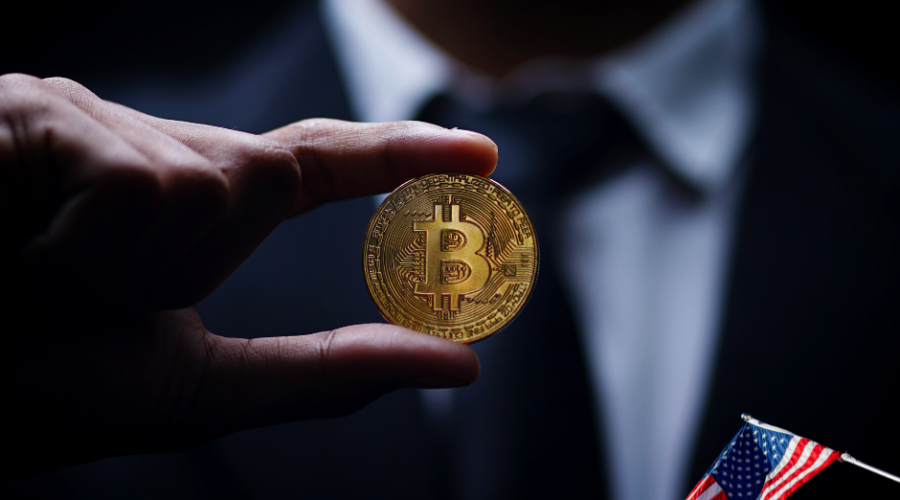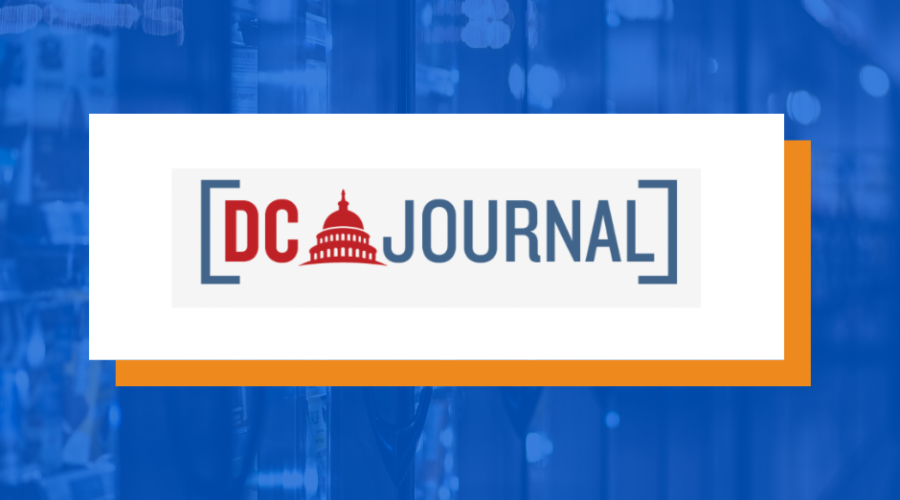Time for the EU to Counter TikTok
The free world is growing increasingly suspicious about the popular Chinese social media platform TikTok. In only the latest example, Canadian authorities are warning its citizens about the dangers of using the app for both their privacy and security.
Although TikTok denies sharing sensitive information about users with the Chinese government, the head of the Communications Security Establishment (CSE) Canadian Centre for Cyber Security still cautions users about the security of personal and contact information they share with the app.
Canada might be following in the footsteps of the United States, where, due to national security concerns, the usage of the Chinese app has been banned by the federal government for their employees on work-related devices. Moreover, several US states and public universities have followed the same path.
These actions, which mirror nuanced policy measures that aim to hold the app accountable while ensuring no sensitive devices download the app, are a new reality for liberal democracies aiming to ensure the security and privacy of its citizens and state employees.
The Consumer Choice Center has already voiced concerns about the app’s growing number of vulnerable users in the European Union, and the influence of the CCP. Looking at the involvement of the Chinese Communist Party in the tech giant and its record of mass surveillance and human rights violations, lawmakers in the European Union should also start considering how to deal with TikTok. Although the parent company of the app has denied the abuse of individual data, it is more than worrying to experience how users’ personal information is being harvested and can be used once in the wrong hands.
There are more reasons to be concerned than just the dance videos and contact information uploaded to the popular sharing app. The Chinese government has invested heavily in artificial intelligence with mass surveillance in the past decade, and TikTok is only the latest iteration.
Companies like Huawei or the state-owned CCTV manufacturers Hikvision and Dahua have already reached the level of worry in the European Union and been seriously considered by communications agencies and parliaments. As a result, Hikvision fever cameras, used during COVID, have already been banned from the premises due to human rights concerns. The Chinese Communist Party uses these cameras in serious human rights abuses against its Uyghur population.
It is time for the EU to step up its measures regarding TikTok as well before it is too late. We must emphasize that in expanding differences between liberal democracies and illiberal ones, the free world must understand how to properly address the technologies built and controlled by totalitarian regimes, hoping we can avoid severe security issues that will harm us in the long run.
Therefore, the EU must consider smart policies to counter or curb TikTok’s influence among our state and governmental institutions. It may be a small step, but in the end we must favor technologies that help empower consumers and citizens, rather than subjugate them to the malicious influence of a totalitarian regime.











